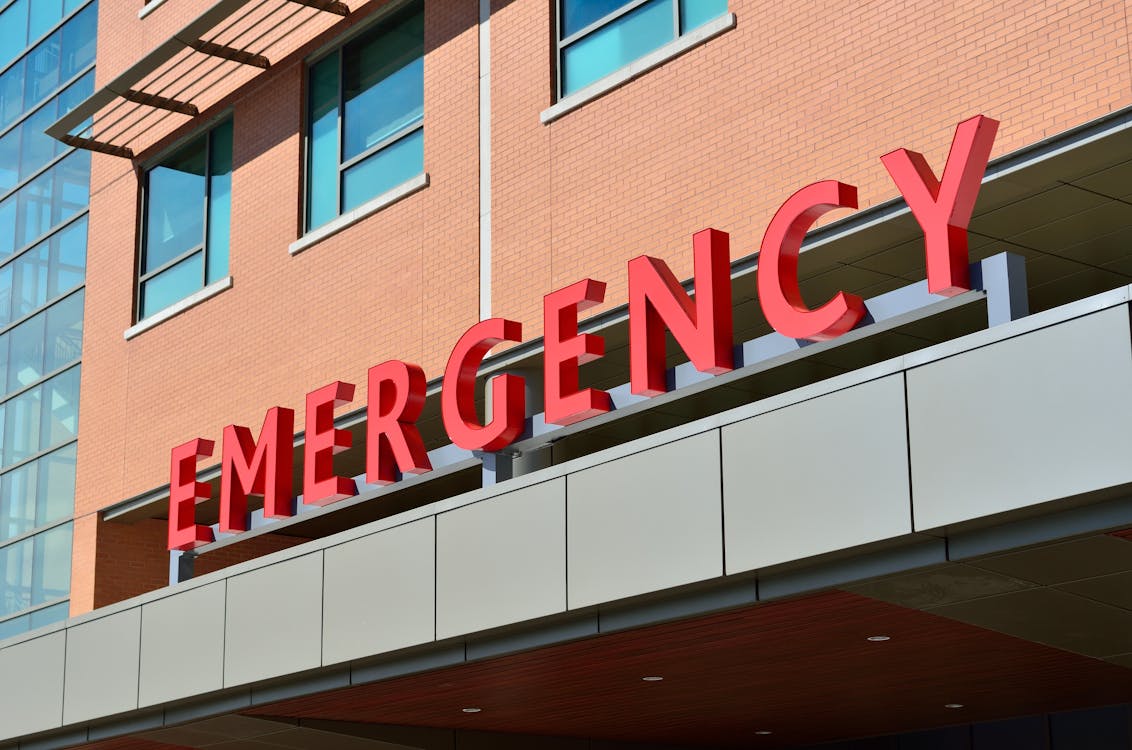
You’ve just been in a car accident. Maybe you’re feeling okay, just a bit shaken. But, sometimes, what initially feels like a minor bump or bruise could be something more serious lurking beneath the surface. So, should you go to the hospital after a car accident? Let’s unpack this together.
Immediate Health and Safety Concerns
After a car accident, injuries aren’t always obvious. Your body’s stress response can mask pain and symptoms, making you feel fine initially, only to have pain flare up hours or even days later. Consider whiplash, for instance. This common injury often doesn’t start hurting until the next day, but it can lead to chronic pain.
Head injuries are another big one. You might think a bump on the head isn’t a big deal, but a traumatic brain injury can have serious long-term effects if not treated properly. In a similar fashion, some kinds of injuries, such as internal injuries don’t always show immediate symptoms, but internal bleeding can be life-threatening.
Legal and Insurance Considerations
There’s also the matter of insurance and legal issues. In Ontario, if you plan to file a claim for accident benefits, having medical documentation is key. Getting immediate medical attention helps to establish a clear link between the accident and your injuries.
Beyond insurance, there’s the issue of mitigation of damages. That’s a legal term that basically means you’re expected to take reasonable steps to minimize the harm you’ve suffered. If you haven’t sought medical treatment and your injuries get worse, it could hurt your case. The law expects you to look out for yourself, and that includes seeking medical attention when you need it.
Common Car Accident Injuries That May Require Medical Attention
Now, what kinds of injuries should you be concerned about after a car accident? We’ve already touched on some potentially life-threatening injuries, but there are others to keep in mind. Soft tissue injuries—those nagging pains in your neck, back, or shoulders—are often the result of car accidents. They might seem minor, but without proper care, they can lead to long-term discomfort and mobility issues.
Then there’s the psychological side of things. Car accidents are traumatic, and the mental and emotional impact can be just as significant as physical injuries. Post-traumatic stress disorder (PTSD) and anxiety are real issues that shouldn’t be overlooked. Speaking to a medical professional about your emotional well-being is just as important as addressing your physical injuries.
Practical Steps to Take After a Car Accident
If your injuries seem severe, go to the hospital immediately.
If you’re not in immediate danger but do not feel well, seek treatment at an urgent care center or from your primary care physician. Even if you don’t feel that you have suffered serious injuries, it’s wise to get a check-up within a day or two.
Make sure to document everything. Take notes on how you feel, keep track of your medical visits and medical expenses–remember to save all your paperwork.
Follow your doctor’s advice.
How a Car Accident Lawyer Can Help
Now, navigating the aftermath of a car accident can be overwhelming. That’s where a car accident lawyer comes in. At Kalsi & Associates, we’re here to guide you through the injury claim process, from dealing with your insurance company to secure accident benefits or pursuing a personal injury claim.
One of the key advantages of partnering with Kalsi & Associates is our broad presence across Ontario. Whether you’re searching for a car accident lawyer in Mississauga, or in another city, our team is here to help.
Our team has experience spans in most types of personal injury cases; we understand that each case is unique, and we approach each with the careful attention it deserves. Our commitment to our clients goes beyond legal advice; we’re here to support you throughout your recovery process.
Don’t wait until it’s too late. If you’ve been in a car accident, seek medical attention immediately and get in touch with Kalsi & Associates car accident lawyer. Let us help you protect your health, your rights, and your future. Reach out today for a free consultation, and take the first step towards getting the support you need.
